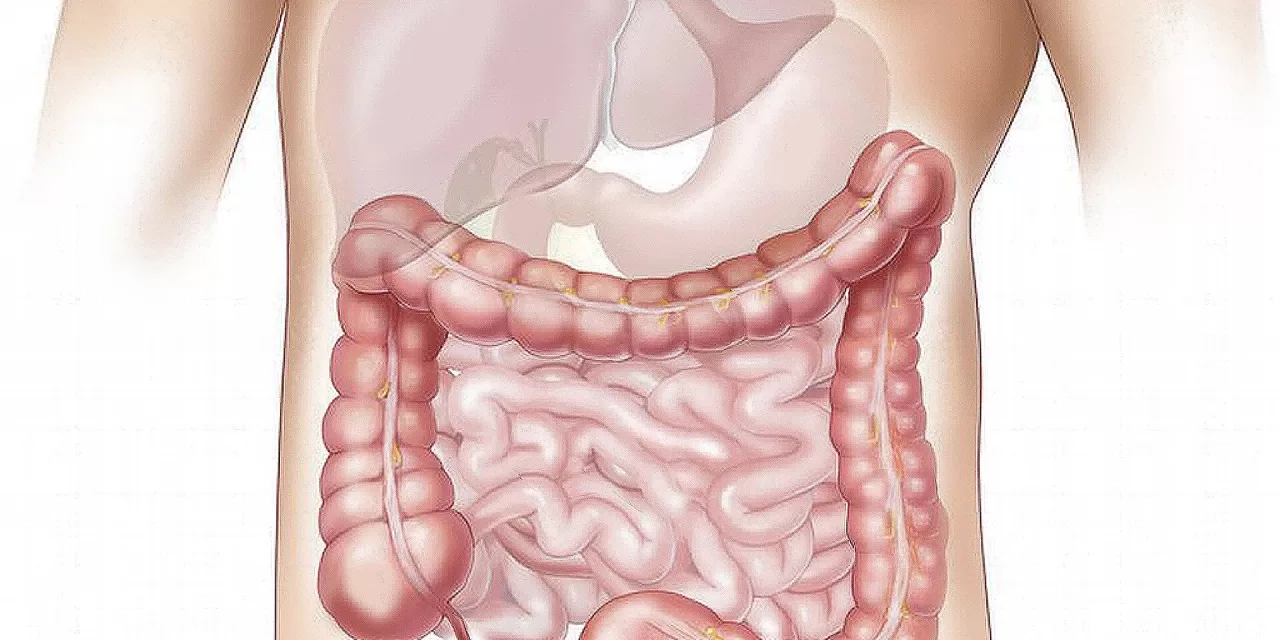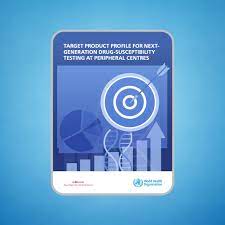April 6, 2025– Deep within the complex ecosystem of the human large intestine resides a unique bacterium, Akkermansia muciniphila, increasingly recognized by scientists as a key player in maintaining good health. Unlike many microbes that can cause illness, A. muciniphila is considered a “friendly” bacterium, known particularly for its role in preserving the crucial gut barrier.
This barrier, primarily a layer of mucus (mucin) lining the large intestine, acts as a vital separation between the dense microbial community and human cells. A. muciniphila has the unusual distinction of using this mucin layer as its primary food source. Researchers have long associated higher levels of this bacterium with better health outcomes, including leanness and athletic builds, while lower levels are often observed in individuals with metabolic diseases like diabetes and fatty liver disease.
Maintaining the integrity of the gut barrier is critical. If disrupted, microbes can directly contact human cells, potentially triggering inflammation and contributing to conditions such as inflammatory bowel disease (IBD). A. muciniphila plays a beneficial role here, but its reliance on mucin posed a scientific puzzle: how exactly did it extract energy from this complex substance?
Recent research has now illuminated this process. A study analyzing enzyme activity and genes revealed that A. muciniphila employs a sophisticated toolkit of 66 different enzymes working in concert. These enzymes systematically break down the glycoproteins – molecules containing protein and carbohydrates – found within mucin, unlocking the sugars needed for the bacterium’s survival and function. This detailed description of the mucus breakdown mechanism by A. muciniphila is a first in the field.
Beyond gut barrier maintenance, studies in animal models suggest A. muciniphila has a calming effect on the immune system and may help prevent the development of obesity and diabetes. Specific molecules secreted by the bacterium have been identified as responsible for these immune-modulating effects, leading to its exploration for use in developing new probiotics.
Interestingly, while A. muciniphila feeds directly on mucus, our own diet significantly influences its environment and behaviour. Fiber-rich foods consumed by humans provide fuel for many gut bacteria, including A. muciniphila‘s neighbours. These bacteria ferment fiber, producing beneficial short-chain fatty acids that nourish colon cells and contribute significantly (around 10%) to our overall energy supply. A. muciniphila also supports this ecosystem through “cross-feeding,” sharing partially broken-down mucus components with other species.
However, a diet lacking sufficient fiber can shift this balance. When fiber is scarce, mucin becomes a more heavily relied-upon food source for the gut microbiome. This can lead to excessive depletion of the protective mucus layer by bacteria like A. muciniphila, potentially increasing the risk of inflammation and disease. Thus, while beneficial under normal conditions, the bacterium’s activity can become detrimental if the dietary context isn’t right.
This research highlights the intricate interplay between diet, specific microbes like A. muciniphila, and overall gut health. Understanding how this mucus-loving bacterium thrives and interacts with its environment provides valuable insights into maintaining a healthy gut microbiome. The newly identified enzymes also offer potential tools for analysing mucin variations across individuals and body sites. Ultimately, these findings reinforce the importance of consuming a varied, high-fiber diet to support a balanced gut ecosystem and promote well-being.
Disclaimer: This article is based on research findings and information provided by The Conversation. It is intended for informational purposes only and does not constitute medical advice. Please consult with a qualified healthcare professional1 for any health concerns or before making any decisions related to your health or treatment.2












